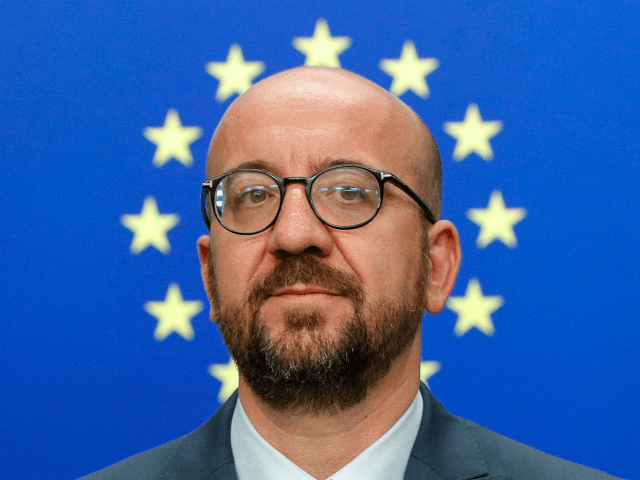The future president of the European Council has expressed concern about Britain politically drifting away from Europe and towards America, the comments coming as the UK reportedly threatened to pull out of EU defence commitments.
“How do we maintain a close relationship to the United Kingdom, our ally and neighbour? How will we repair the potential damage caused by a hard Brexit? The UK is now looking more and more toward the United States,” European Council President-elect Charles Michel, who will replace Donald Tusk on November 1st, said to an audience of the EU’s diplomatic services as reported by POLITICO.
European governments and Brussels diplomats fear instability if the UK aligns politically with the United States under so-called “populist leaderships”, according to The Times, and betraying an anxiety that the EU would be overshadowed by nation-state powers such as the United States, Mr Michel ended his address by calling for EU-wide cooperation on foreign policy, so the bloc can “speak loud and clear on the world stage”.
His observation that the UK is moving closer to the U.S. in terms of relations and geopolitics comes amidst reports that Prime Minister Boris Johnson’s chief EU negotiator David Frost has threatened to drop defence and security commitments made by Theresa May. The government will insist that any use of the British military is a sovereign issue — a sentiment which has alarmed Europeans dependent on the UK’s armed forces contributions, as well as its expertise in cybersecurity and intelligence-gathering.
Farage: Von der Leyen Wants to Build ‘Updated Form of Communism’, Advance EU Army https://t.co/WvcFetxY43
— Breitbart London (@BreitbartLondon) July 16, 2019
In November 2017, almost all of the EU’s 28 member-states signed up to the Permanent Structured Cooperation process, or PESCO, key to the Defence Union and the first step towards an EU army.
While the UK had already voted to leave the European Union by then and had not signed up to the Defence Union project, there was suggestion that the UK could be pulled in to operations and may even contribute financially, with defence specialist Colonel Richard Kemp warning at the time that the British military will be a “pawn in the Brexit negotiation game”, with access to a good deal with the EU being traded for access to the British military.
In 2018, veterans’ groups had warned that the Theresa May government had planned a “below-radar” deal to keep tied in with the nascent EU army, and sure enough former Prime Minister May had agreed “close co-operation in union-led crisis management missions and operations, both civilian and military” with the EU.
U.S. leaders expressed concern that the EU army could weaken or undermine NATO, at a time when President of the United States Donald Trump was telling European nations not to take American military might for granted and that they must start paying their fair share of defence spending, with there being only five out of then-28 NATO members spending the agreed minimum two per cent of GDP in 2017.
In November 2018, one year after PESCO was signed, French President Emmanuel Macron made the extraordinary remark that the European Union needed a “real European army” to “protect ourselves with respect to China, Russia and even the United States of America” — the call backed by German Chancellor Angela Merkel, the most powerful of EU bodies the European Commission, and senior Member of European Parliament Guy Verhofstadt.
Brexit MEP: Britain is Being Sucked into the European Single Army. What Will PM Boris do About it? https://t.co/2f7dmcLm2B
— Breitbart London (@BreitbartLondon) July 24, 2019

COMMENTS
Please let us know if you're having issues with commenting.